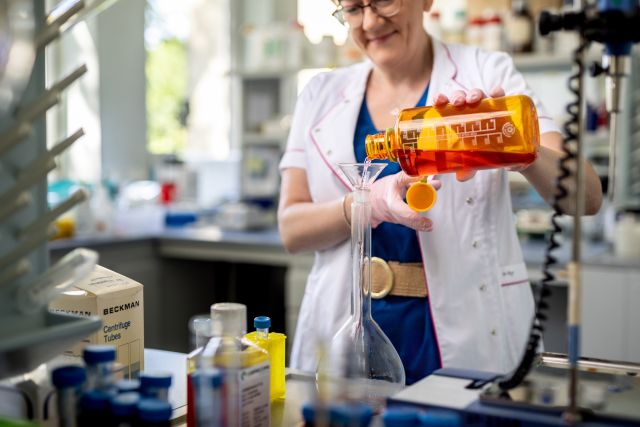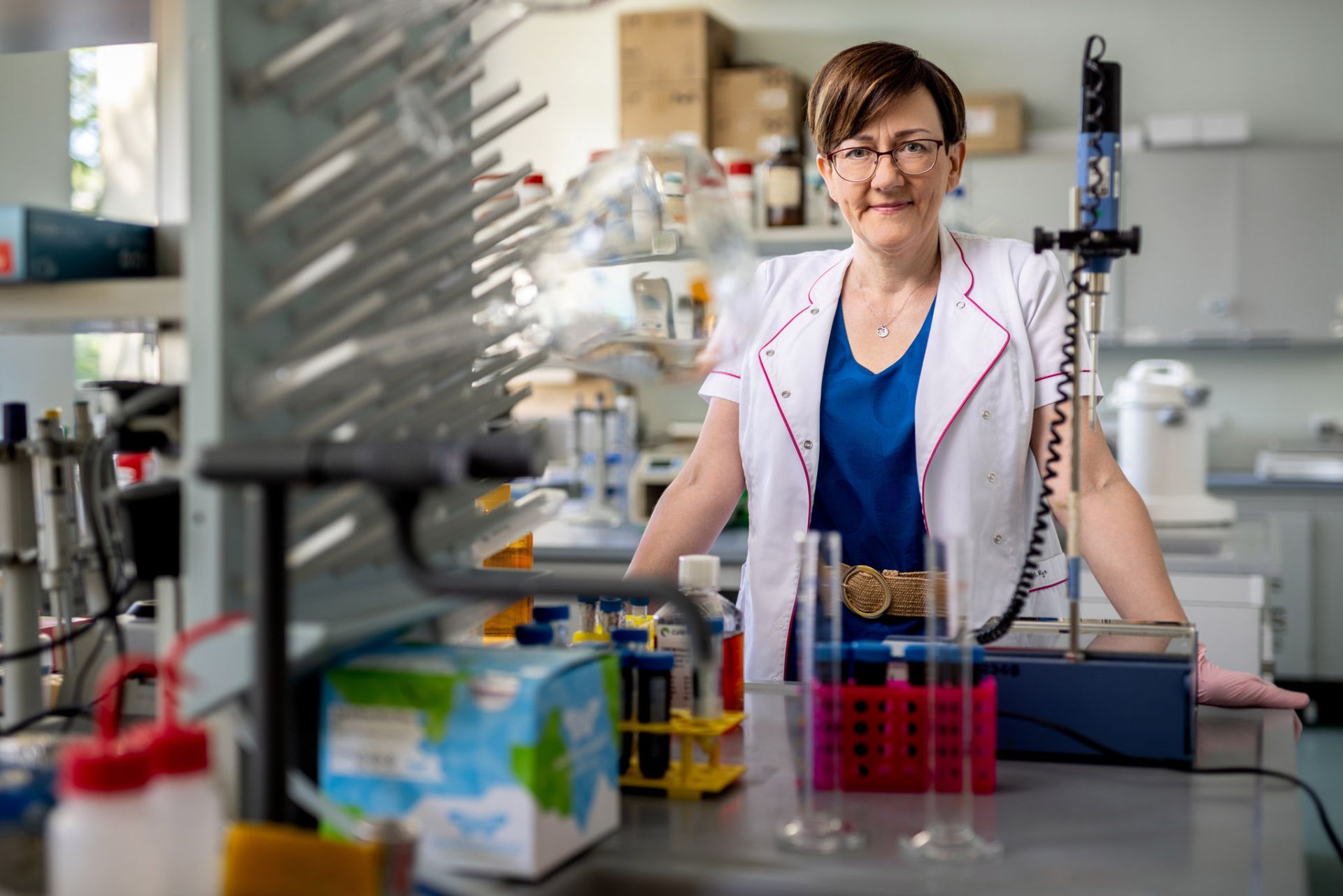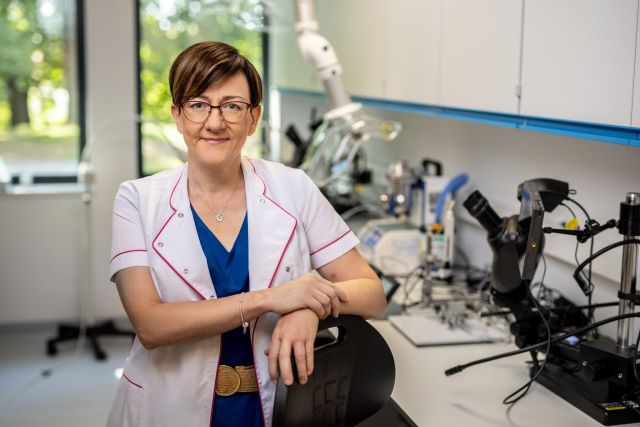17 February 2025
The National Science Centre (NCN), in cooperation with the CHIST-ERA network, is pleased to announce the call Science in your own language (CHIST-ERA SOL) for the international research project on the automatic translation of scientific knowledge in order to overcome language and cultural barriers.
The call aims at promoting multilingualism among science and technology producers and users and is open to funding proposals in one or more of the following areas:
- Machine translation of scientific knowledge to and from different languages including the translation of research metadata and data where applicable, documents, protocols, paper and project reviews, other academic or technical outputs such as outreach materials and press releases, blogs and other web-based content.
- Design of tools for seamless and interoperable access to multilingual scientific and technology data hubs and repositories for stakeholders who chose to approach and use them in their own language. Tools should be demonstrated by application to sectoral use cases.
- Tools for multilingual detection of scientific frauds and plagiarism.
Funding proposals may be submitted by international consortia composed of at least three, and no more than six, research teams from at least three countries participating in the call. The principal investigator of the Polish research team must hold at least a PhD degree.
Countries participating in the call: Belgium, Estonia, Finland, France, Ireland, Lithuania, Luxembourg, Poland, Slovakia, Spain, Switzerland, Taiwan, and the United Kingdom.
The application procedure:
- International level: joint proposals are drafted by Polish research teams in cooperation with the foreign partners (in English) and submitted to the electronic submission system of the CHIST-ERA network (ESS).
- National level: NCN proposals concerning the Polish part of the project are drafted by Polish research teams and submitted to the NCN electronically via the OSF submission system within 7 days of the date by which joint proposals must be submitted at international level.
This is a one-stage call, which means that only full joint proposals are submitted at international level. More on the application procedure at international level can be found in the call text available on the website of the CHIST-ERA network.
Call timeline:
- Submission deadline for the joint proposals in the ESS system: 15 April 2025, 17:00 CEST
- Submission deadline for the NCN proposals in OSF system: 22 April 2025
- Call results: July 2025
- Expected project start date: November 2025.
Under the CHIST-ERA SOL call, funds can be applied for to cover salaries for members of the research team, salaries and scholarships for students and PhD students, purchase or manufacturing of research equipment and other costs crucial to the research project.
The total funding allocated by the NCN for research tasks to be performed by the Polish research teams under the call is 750 000 EUR.
Please read further:
- The call documents available on the website of the CHIST-ERA network (for all applicants in the call).
- The information for applicants below and all attachments hereto (only for researchers applying for NCN funding).
Show all»
Hide all«
Proposals in the call may be submitted by entities specified in the Act on the National Science Centre, i.e.:
- universities;
- federations of science and HE entities;
- research institutes of the Polish Academy of Sciences operating pursuant to the Act on the Polish Academy of Sciences of 30 April 2010 (Journal of Laws of 2020, item 1796, as amended);
- research institutes operating pursuant to the Act on Research Institutes of 30 April 2010 (Journal of Laws 2020, item 1383, as amended);
- international research institutes established pursuant to other acts and acting in the Republic of Poland:
5a. Łukasiewicz Centre operating pursuant to the Act on the Łukasiewicz Research Network of 21 February 2019 (Journal of Laws 2020, item 2098);
5b. institutes operating within the Łukasiewicz Research Network;
- Polish Academy of Arts and Sciences;
- other entities involved in research independently on a continuous basis (other than set forth in sections 1-6);
- groups of entities (at least two entities mentioned in sections 1-7 or at least one institution as such together with at least one company);
- scientific and industrial centres laid down in the Act on Research Centres of 30 April 2010 (Journal of Laws 2020, item 1383, as amended);
- research centres of the Polish Academy of Sciences laid down in the Act on the Polish Academy of Sciences of 30 April 2010 (Journal of Laws 2020, item 1796);
- scientific libraries;
- companies operating as research and development centres laid down in the Act on Certain Forms of Support for Innovation Activities of 30 May 2008 (Journal of Laws 2021, item 706);
- legal entities with registered office in Poland:
13a. President of the Central Office of Measures;
- natural persons;
- companies conducting research in other organisational form than set forth in sections 1-13a.
If research projects are carried out by two or more Polish partners applying for NCN funding, they must set up a group of entities (see item 8 above) and as such submit NCN proposals. NCN proposals are submitted by a leader named in the research project cooperation agreement concluded by the group of entities. An institution employing the principal investigator acts as the leader of the group of entities. A template agreement on the formation of a group of entities for the purposes of completion of the research project can be found here.
If, pursuant to Article 27 (1) (2) of the NCN Act, Polish entities cannot set up a group of entities, they are not eligible to apply for NCN funding of a joint research project.
The call aims at promoting multilingualism among science and technology producers and users and is open to funding proposals in one or more of the following areas:
- Machine translation of scientific knowledge to and from different languages including the translation of research metadata and data where applicable, documents, protocols, paper and project reviews, other academic or technical outputs such as outreach materials and press releases, blogs and other web-based content.
- Design of tools for seamless and interoperable access to multilingual scientific and technology data hubs and repositories for stakeholders who chose to approach and use them in their own language. Tools should be demonstrated by application to sectoral use cases.
- Tools for multilingual detection of scientific frauds and plagiarism.
Funded projects are expected to significantly advance the state-of-the-art by achieving one or more of the following objectives:
- Open science to citizens and society.
- Take on board all research works independently of their language.
- Increase the value of research and research driven products and services by facilitating regional or national targeted impacts.
- Increase the visibility of scientific results, irrespective of the language used to report them.
- Make creativity and reasoning in research benefit from all language subtleties.
- Design and implement demonstrations of new approaches to knowledge access both through novel modelling of data structures and software oriented to meet new criteria for accessibility policies.
More information on the subject of the call can be found in the call text available on the website of the CHIST-ERA network.
Polish researchers may apply for NCN funding for their basic research projects as defined in the Article 2 (1) of the NCN Act.
NCN proposals comprising research tasks overlapping with research tasks laid down in another proposal that has been already submitted in any NCN call or with respect to which an appeal has been initiated, can only be submitted once the funding decision has become final.
Research projects may be planned for a period of either 24 or 36 months.
Apart from the principal investigator, research tasks may be performed by co-investigators, including students, PhD students and post-docs.
A post-doc type position is a full-time position, scheduled by the project’s principal investigator for a person who has been conferred a PhD degree within 12 years before 1 January of the year of employment in the project. This period may be extended pursuant to the Types of costs in research projects funded by the National Science Centre under international calls carried out as multilateral collaboration UNISONO.
Persons employed as post-docs must have their PhD degree awarded by another institution than the one employing them at this post or must have completed a continuous and evidenced post-doctoral fellowship of at least 10 months in another institution than the host institution for the project and in another country than the one in which they have been conferred a PhD degree. Persons employed as post-docs in the project must be recruited in an open call procedure.
PhD students who are NCN scholarship grantees must be recruited in an open call procedure.
An international expert team will review the relevance of involvement of particular members of the research team in the project. The competences and tasks to be performed by particular members of the research team must be described in the proposal. For more information on the budget for salaries and scholarships, please read the Types of costs in research projects funded by the National Science Centre under international calls carried out as multilateral collaboration UNISONO.
The terms of the call do not specify the maximum number of research team members.
Post-docs and scholarship grantees must not be named in either joint or NCN proposals.
The project budget must be justified as regards the subject and scope of research and based on realistic calculations. The budget must include expenditures eligible for funding from NCN resources (the so-called eligible costs).
The terms of the call do not specify the minimum or maximum (total) funds that may be requested.
The budget in NCN proposals must be quoted in PLN, while the budget in joint proposals in EUR. The EUR budget for the Polish part of the research project in the joint proposal must be calculated according to the following exchange rate: EUR 1 = PLN 4.2073.
The project budget (eligible costs) includes direct and indirect costs.
Direct costs include:
- remuneration for the principal investigator;
- remuneration for co-investigators in the project:
- full-time remuneration for post-docs,
- salaries and scholarships for students and PhD students,
- the so-called additional remuneration for members of the research team. If the principal investigator is not to be employed full-time in the project, their remuneration is paid from the pool allocated for additional remuneration;
- purchase of research equipment, devices and software;
- purchase of material and small equipment;
- outsourced services;
- business trips, visits and consultations;
- compensation for collective investigators and
- other costs crucial to the project according to the Types of costs in research projects funded by the National Science Centre under international calls carried out as multilateral collaboration UNISONO.
Indirect costs include:
- indirect costs up to 20% of direct costs, which may be spent on costs that are related indirectly to the research project, including the cost of open access to publications and research data,
- indirect cost up to 2% of direct costs to be spent on open access, which may be designated only for the cost of open access to publications or research data.
During the project implementation, the host institution must agree with the principal investigator the coverage of at least 25% of the indirect costs. Any expenditure made from that amount must meet the eligibility criteria laid down in the Terms and regulations on awarding funding for research tasks funded or co-funded under international calls launched by the National Science Centre and carried out as multilateral collaboration UNISONO.
Where unjustified costs are planned, the proposal may be rejected.
We recommend that Polish applicants should consult the budget table of the Polish part of the project with the NCN. The budget table in .xlsx format should be sent to alicja.dylag@ncn.gov.pl by 3 April 2025.
Pursuant to the NCN Open Access Policy, all research results must be made available in full and immediate open access.
The Open Access Policy does not apply to monographs, monograph chapters and peer-reviewed collected works.
NCN recognizes the following publication routes as compliant with the policy:
- publication in open access journals and on open access platforms registered, or with pending registration, in the Directory of Open Access Journals (DOAJ);
- publication in subscription journals or hybrid journals, as long as the VoR, AAM or preprint of a paper (if AAM and VoR are embargoed) is deposited in a repository registered in the OpenDOAR database immediately upon the article’s publication on the publisher’s website. If a preprint is published, AAM of the same paper must also be deposited in the repository;
- publication in journals covered by an open access licence within the framework of so-called transformative agreements that must be inscribed in the Efficiency and Standards for Article Charges registry (ESAC-Registry) as long as the article has been accepted for publication or published before 31 December 2025 (Letter of the NCN Director of 15 December 2024 extending route 3 of the transformation agreements under the NCN’s Open Access Policy).
Papers must be published using the following licences:
- for full open access journals (route 1), a CC 4.0 licence;
- for subscription journals or hybrid journals (route 2), preprint must be deposited in the repository using CC BY 4.0 licence upon the article’s online publication on the publisher’s website. Once the embargo period is over, AAM of the same paper must also be deposited in the repository. The NCN does not impose any licence-related restrictions for AAM version upon the embargo period;
- for journals covered by transformative agreements (route 3), the following licences can be used: CC BY 4.0; CC BY-SA 4.0 or CC BY-ND 4.0.
Eligibility of Article Processing Charges:
- route 1: costs are eligible as long as the CC BY 4.0 or CC BY-ND 4.0 licences are used;
- route 2: costs are not eligible and must not be covered by NCN funds;
- route 3: costs are eligible as long as the CC BY 4.0, CC BY-SA 4.0 or CC BY-ND 4.0 licences are used.
The data underpinning the scientific publications resulting from the project funded by the NCN must be well-documented pursuant to the standards of the machine or manual Findability, Accessibility, Interoperability or Reusability (the so-called “FAIR Data”). Where possible, data must be made available in the repository, according to the Creative Commons Public Domain (CC0) licence or Creative Commons Attribution (CC BY 4.0) licence. Other licences can also be used as long as they ensure an equivalent level of data openness as CC0 or CC BY 4.0.
State aid can be requested under the call. More about state aid can be found here.
Only joint proposals are subject to a merit-based evaluation performed by an international expert team established by the CHIST-ERA network. For more information on the evaluation of proposals, please go to the call text available at the website of the CHIST-ERA network.
The CHIST-ERA SOL call will be concluded in July 2025. Firstly, project coordinators will be notified of the outcome. Polish research teams will be notified of the results by way of a decision of the NCN Director.
In the event of a breach of the call procedure or other formal infringements related to actions performed by the NCN, the applicants may lodge an appeal against the decision of the NCN Director with the Committee of Appeals of the NCN Council.
For more information on the call, please go to the website of the CHIST-ERA network. The terms and regulations on awarding NCN funding in the call are set forth here.
Should you have any questions or queries, please contact us by phone or by e-mail:
(between 9:00 and 12:00)

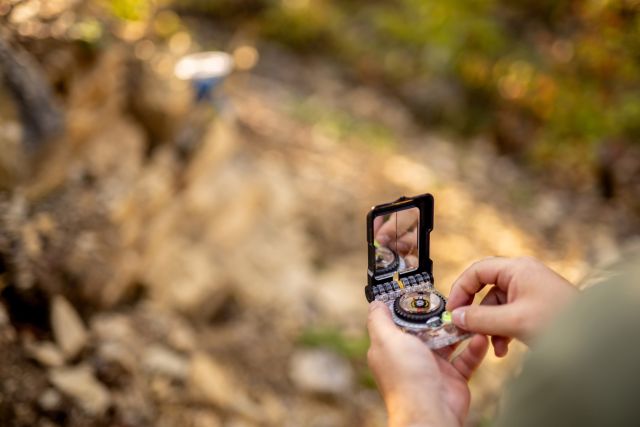
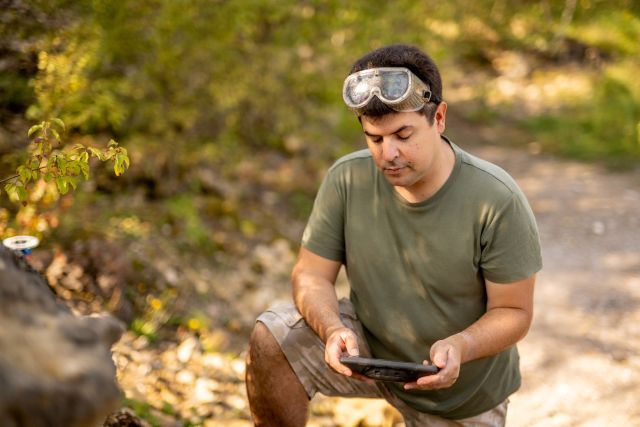
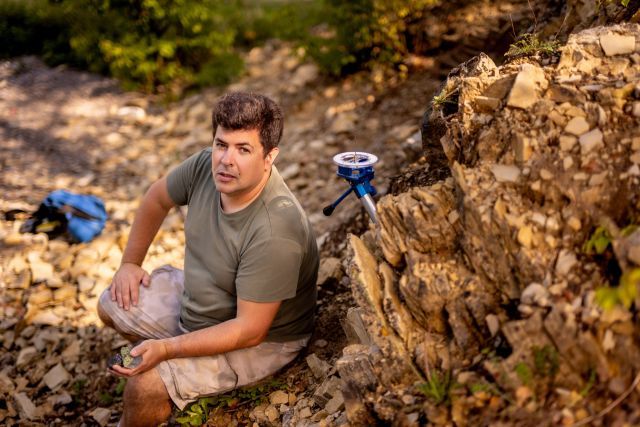
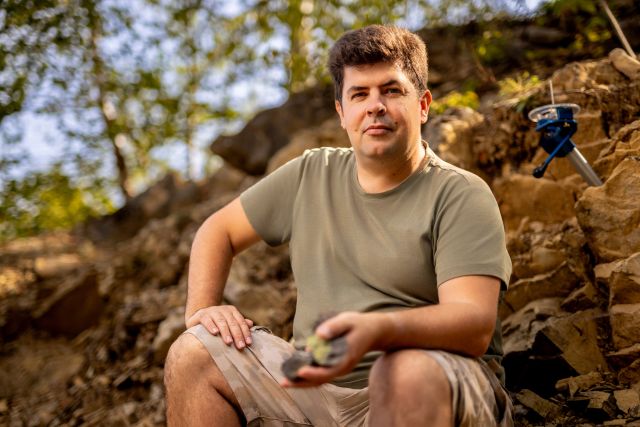
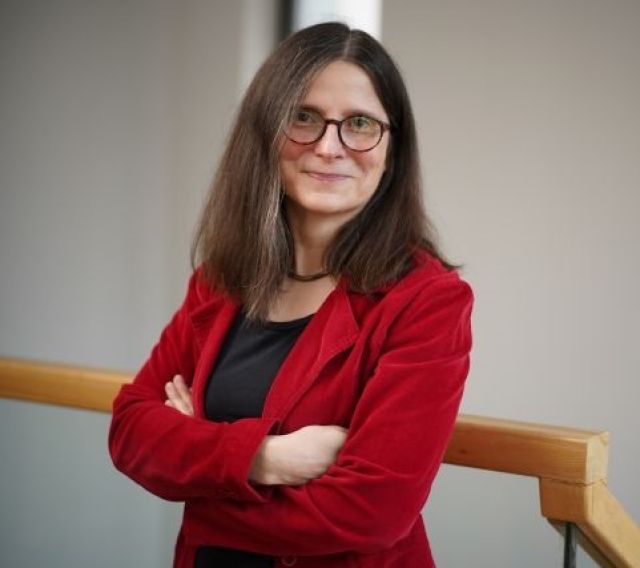
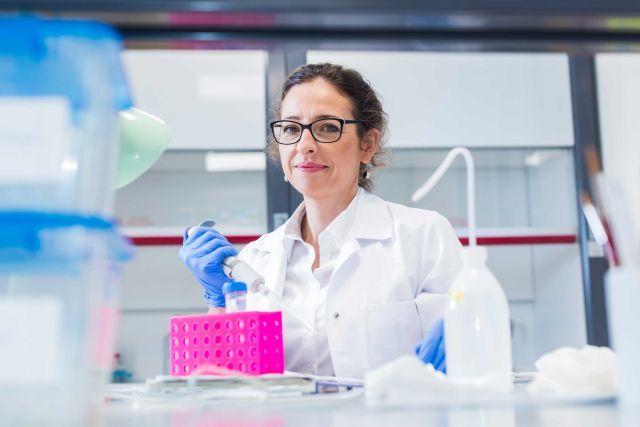
 Who may apply for NCN funding?
Who may apply for NCN funding? Who may act as a principal investigator?
Who may act as a principal investigator? What are the topics covered by the call?
What are the topics covered by the call? What is the project duration?
What is the project duration? What are the positions for members of the research team?
What are the positions for members of the research team? How should the budget be planned?
How should the budget be planned? Open access publication of research results
Open access publication of research results Can proposals in this call include application for state aid?
Can proposals in this call include application for state aid? What is the proposal evaluation procedure?
What is the proposal evaluation procedure? Who performs the merit-based evaluation of proposals?
Who performs the merit-based evaluation of proposals? When and how will the results be announced?
When and how will the results be announced? Where can additional information be found?
Where can additional information be found? Useful information
Useful information